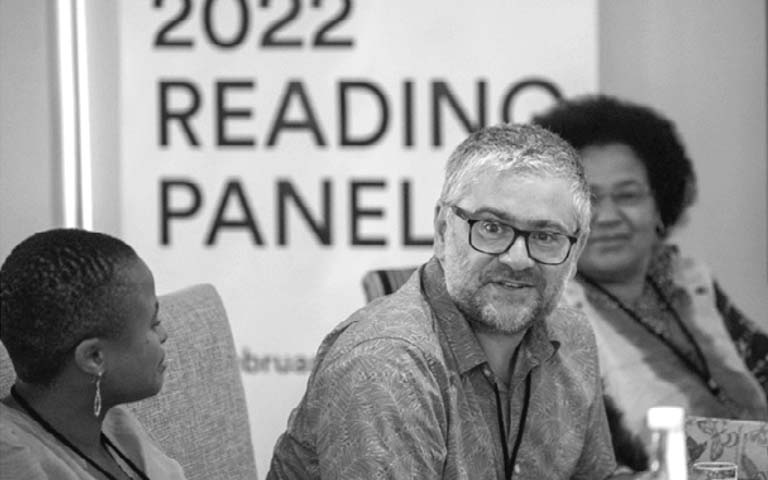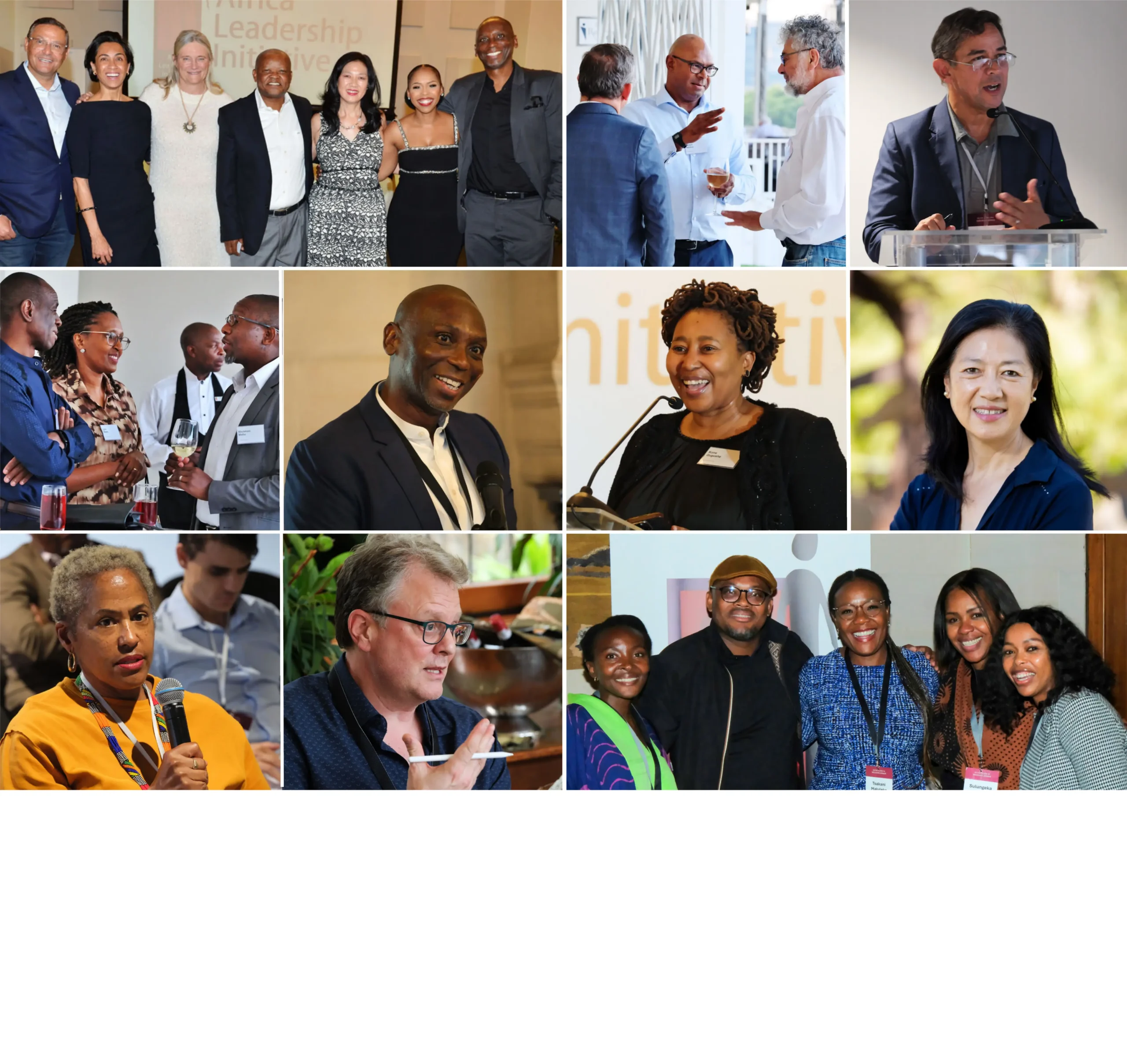
The 2030 reading panel plans to meet annually, bringing together respected SA leaders to monitor and influence progress in literacy in South African schools. Their gathering on 2nd February highlighted the parlous state of our nation. With SONA around the corner let us hope some attention is paid to their conclusions.
For those who were able to join us yesterday for the inaugural Reading Panel, thank you for your thoughts, comments and participation. For those who could not join us this year we hope you will be able to join us next year. Yesterday’s event was recorded and is now available online.
I would like to share the electronic copy of the Background Report with you. It is on the link: https://we.tl/t-57EwBfCoWV and is also publicly available on the reading panel website together with the Advisory Notes:https://www.readingpanel.co.za/resources
The main new findings presented in the background report are:
1. SA 10-year-olds in 2021 know less than SA 9-year-olds before the pandemic: Due to rotational timetables and school closures in 2020 and 2021 children in South Africa have lost 1,3 years of learning. New assessments show that children in Grade 4 in 2021 knew less than children in Grade 3 in 2018.
2. Half of teachers (45%) will retire in the next 10 years – this is ‘unprecedented’ and currently there is no plan to address this wave of retirements. The report showed that due to the aging of public school teachers there is a bulge of teachers about to reach retirement age (60). It will require universities to increase teacher production from 26,000 in 2018 to 44,000 by 2025 to 50,000 by 2030.
3. Before the pandemic South Africa’s education system was improving slowly but steadily: The report showed that for children who were enrolled in Grade 1 from 1994 onwards, their reading and mathematics outcomes were consistently improving, although levels were still low.
4. On SA’s current trajectory it will take 80 years before all 10 year olds can read for meaning: Although President Ramaphosa committed his administration to ensuring that by 2030 all 10 year olds will read for meaning, on current projections only 36% will be able to read for meaning by 2030 (currently only 22% of 10 year olds can read for meaning in any language).
5. University B.Ed students scored 50% on primary school maths test: Assessments of primary school mathematics teachers showed that first year B.Ed students across three universities scored 52% on a primary school maths test and final year B.Ed students scored 54%. The panel called for an audit of university programs training primary school teachers.
6. Current reading plans are “slogans” because they lack funding: The report showed that most of the DBE’s current plans for reading were primarily slogans (“Read to Lead”, “Drop All and Read”, President’s Virtual Reading Circle) and there was currently “negligible” budget allocated to reading.
As you will recall, the Chair of the Panel, Dr Mlambo-Ngcuka, called on each of us to take responsibility for finding a solution to the different areas that have been identified for improvement: “Although schooling is primarily the responsibility of government, we all have a role to play here. Business, civil society, we all need to come together to tackle this issue”
The four recommendations from the background report were:
1. Establishing a universal external Grade 2 assessment of reading.
2. Moving from slogans to budgets. It was estimated that government would need to spend R1,3-billion per year to provide high-quality reading materials and support to teachers
3. Providing a standard minimum set of reading resources to all Foundation Phase classrooms (Grade R-3) as a matter of urgency.
4. A university audit of preservice teacher education programs.
On behalf of the Chair and the rest of the Panel we would like to thank you for attending the event and look forward to working together with you and those in government as we work towards ensuring that all 10-year-olds in South Africa can read for meaning by 2030.
Nic Spaull
Secretariat of the 2030 Reading Panel









